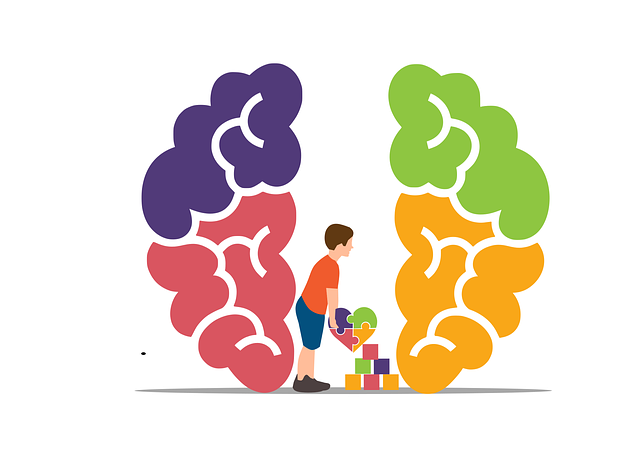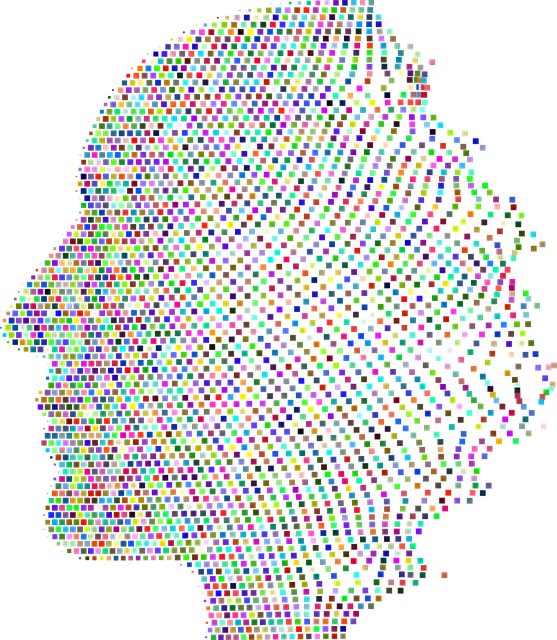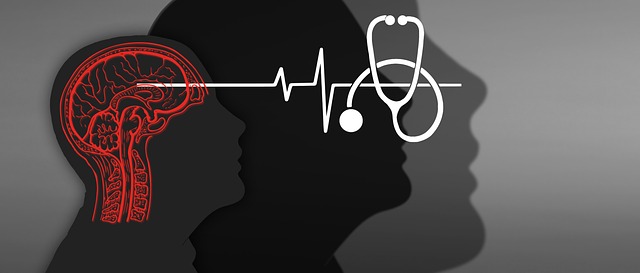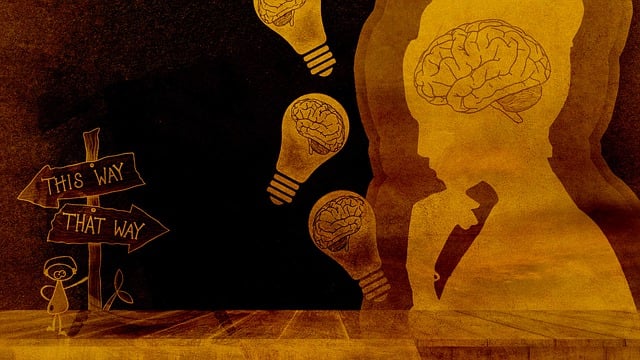Mental health diagnoses in adolescent teens, particularly ADHD, present unique challenges due to academic pressures, peer dynamics, and identity formation. Effective therapy integrates structured sessions teaching coping mechanisms, building inner strength, and promoting emotional well-being. Comprehensive evaluations beyond standard tools, including mental wellness journaling, assess symptoms' impact on daily life and potential co-occurring disorders. Holistic approaches inform tailored therapy plans addressing academic, behavioral, social, and emotional challenges. Cognitive Behavioral Therapy (CBT) and Mindfulness-Based Therapies have proven effective for managing symptoms and improving well-being, with cultural competency training ensuring inclusive care. Teaching conflict resolution skills enhances resilience and self-advocacy, empowering teens to proactively manage their mental health journey.
“Mental illness diagnosis and treatment navigation can be complex, especially for adolescent teens. This comprehensive guide delves into critical aspects of supporting young minds. We explore mental health diagnoses specific to adolescents, highlighting the significance of ADD-ADHD evaluations in treatment planning.
The article navigates various therapy options proven effective for teen mental health, offering insights on how to best support them throughout the diagnostic and treatment process. Whether you’re a parent, caregiver, or professional, these strategies ensure informed decision-making for optimal adolescent well-being.”
- Understanding Mental Health Diagnoses for Adolescent Teens
- The Role of ADD-ADHD Evaluations in Treatment Planning
- Navigating Therapy Options: Effective Treatments for Teen Mental Health
- Supporting Adolescents Through the Diagnostic and Treatment Process
Understanding Mental Health Diagnoses for Adolescent Teens

Mental health diagnoses for adolescent teens can be complex and multifaceted. This age group often faces unique challenges that differ from adults or younger children, such as academic pressures, peer relationships, and identity formation. Understanding conditions like Attention-Deficit/Hyperactivity Disorder (ADHD) requires a nuanced approach. ADD-ADHD evaluations should consider not only symptoms but also their impact on daily life and potential co-occurring disorders.
Therapy for adolescent teens plays a pivotal role in managing mental wellness. Through structured sessions, teens can learn valuable coping mechanisms, enhance inner strength development, and engage in emotional well-being promotion techniques. Mental Wellness Journaling Exercise Guidance can be a powerful tool within therapy, helping teens track their progress, identify triggers, and develop healthier habits. This personalized approach ensures that each teen receives the specialized care they need to thrive.
The Role of ADD-ADHD Evaluations in Treatment Planning

Mental health professionals play a crucial role in diagnosing and planning treatment strategies for adolescent teens with potential ADD-ADHD symptoms. Initial evaluations are key to understanding the unique needs of each individual. These assessments go beyond standard diagnostic tools, often incorporating comprehensive mental health evaluations, behavioral observations, and parental/caregiver input. By integrating these various data points, healthcare providers gain valuable insights into the teen’s cognitive functions, emotional regulation, and potential environmental factors contributing to their symptoms.
This thorough approach is essential in tailoring therapy plans for adolescent teens with ADD-ADHD, addressing not just academic or behavioral challenges but also social and emotional aspects. It encourages a holistic mental health policy analysis and advocacy perspective, ensuring that teens receive comprehensive support. Additionally, healthcare provider cultural competency training should be emphasized to accommodate diverse patient populations. A well-rounded evaluation process, coupled with ongoing risk assessment for mental health professionals, fosters effective treatment outcomes and promotes better long-term management of ADD-ADHD symptoms.
Navigating Therapy Options: Effective Treatments for Teen Mental Health

Navigating Therapy Options is a critical step in supporting teen mental health. For adolescents struggling with conditions like ADD/ADHD, finding the right therapeutic approach can make all the difference. Cognitive Behavioral Therapy (CBT) has proven effective in treating various mental health disorders, helping teens identify and change negative thought patterns and behaviors. This evidence-based method empowers them to manage symptoms and improve overall well-being.
Additionally, Mindfulness-Based Therapies gain traction for their ability to foster resilience and boost confidence. These approaches teach teens techniques to stay present, regulate emotions, and reduce stress, which are valuable tools in combating mental health challenges. Healthcare providers play a vital role in guiding families through these options, considering each teen’s unique needs and integrating strategies like Burnout Prevention for optimal care and improved outcomes.
Supporting Adolescents Through the Diagnostic and Treatment Process

Navigating the mental health landscape can be particularly challenging for adolescents, who may struggle to articulate their symptoms or understand their experiences. Supporting teens through the diagnostic and treatment process requires specialized care that considers both their unique developmental stage and any co-occurring conditions. Therapy for adolescent teens, such as cognitive behavioral therapy (CBT) and mindfulness-based interventions, has proven effective in addressing a range of issues, including ADD/ADHD, anxiety, depression, and trauma.
Ensuring cultural competency among healthcare providers is essential to creating a safe and supportive environment for young people. Healthcare provider training in cultural sensitivity helps to address potential biases and better understand the diverse backgrounds and needs of adolescent patients. Additionally, incorporating conflict resolution techniques into therapy can empower teens to manage challenging emotions and relationships, fostering resilience and self-advocacy skills crucial for navigating their mental health journey.
Mental illness diagnosis and treatment for adolescent teens can be a complex journey, but with proper navigation assistance, it doesn’t have to be daunting. By understanding mental health diagnoses, utilizing ADD-ADHD evaluations as necessary, and exploring effective therapy options like cognitive behavioral therapy or medication management, parents and caregivers can better support their teen’s recovery. Supporting adolescents through this process with empathy and guidance is key to fostering resilience and ensuring they receive the care they need for a healthier future.










